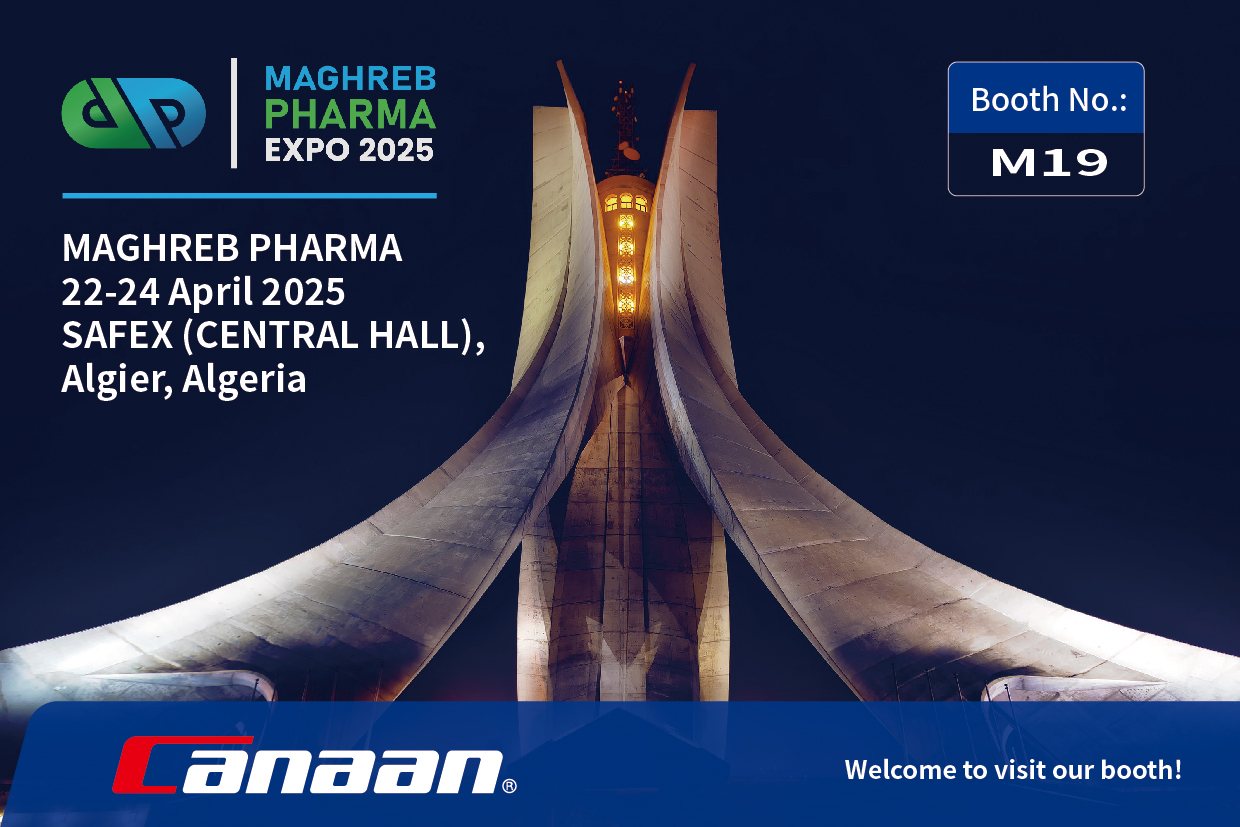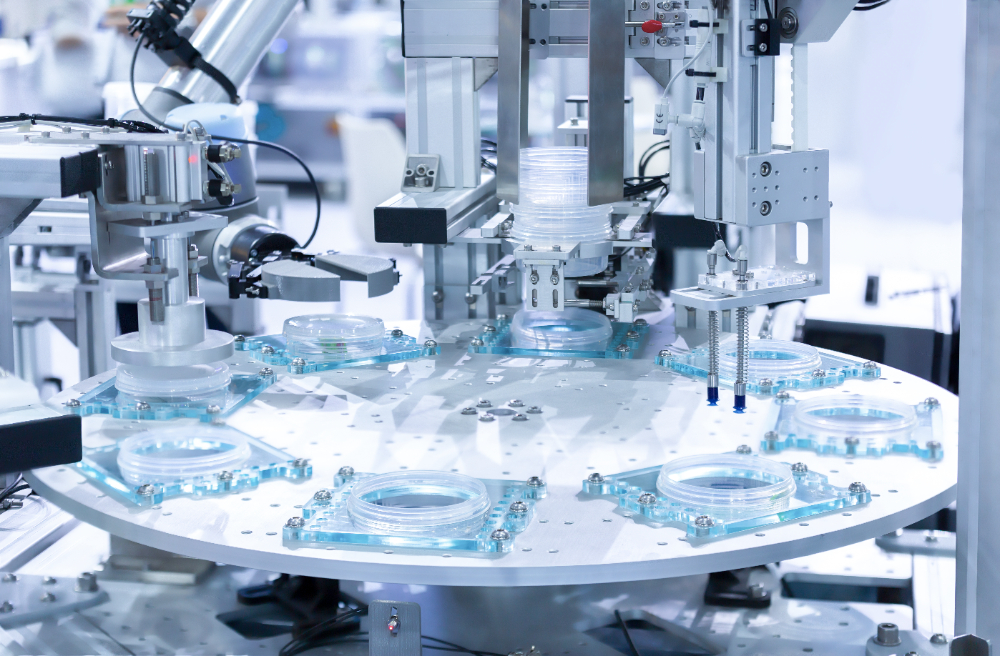In regulated industries like pharmaceuticals, biotechnology, and medical devices, qualification and validation are essential processes to ensure quality, safety, and compliance.

Qualification, often referred to as equipment qualification, focuses on confirming that equipment, utilities, or instruments are fit for their intended use. Validation ensures that processes and systems reliably produce results meeting predetermined specifications. Understanding the difference between qualification and validation is crucial for achieving compliance with stringent industry standards and maintaining product integrity.
Qualification and validation play a critical role in maintaining the integrity of manufacturing processes and ensuring that products meet the required safety and quality standards. Their implementation reduces the risk of errors, protects public health, and ensures adherence to regulatory expectations globally.
Qualification is a systematic process to confirm that equipment, utilities, or instruments are fit for their intended use. Equipment qualification ensures that individual pieces of equipment meet predetermined specifications and function as required to support consistent production outcomes.

Qualification processes ensure that all individual components function as expected and support the larger systems and processes they are part of. This rigorous approach eliminates potential issues that could arise from equipment malfunctions.
Validation is a documented process proving that a system or process reliably produces results meeting predetermined specifications. It focuses on end-to-end systems or procedures rather than individual components.
Validation ensures the effectiveness and reliability of processes and methods, giving organizations confidence in the consistency of their outputs.

Understanding the distinction between these processes helps streamline compliance efforts and ensures a targeted approach to quality management.

Qualification and validation are interdependent processes. Qualified equipment forms the foundation for process validation. For example, a validated manufacturing process requires that the involved equipment and utilities have been previously qualified to perform as expected. Both ensure systems and processes comply with regulatory standards, minimizing risks and ensuring product quality.
The relationship between qualification and validation underscores the importance of a structured approach to quality assurance. By ensuring that all components and systems are appropriately qualified, organizations can achieve validation more effectively.
Agencies like the FDA, EMA, and WHO emphasize the importance of qualification and validation to safeguard public health. These bodies provide guidelines and require documented evidence to demonstrate compliance.
Key documents include protocols, test results, and summary reports for both qualification and validation. Auditors often review these documents during inspections to ensure adherence to Good Manufacturing Practices (GMP).
Regulatory agencies play a significant role in setting the standards for qualification and validation, ensuring a global benchmark for product safety and quality.
Commissioning is the initial process of setting up and testing equipment or systems to ensure they function as intended. It’s broader and less rigorous than qualification.
Commissioning often acts as a preliminary step before qualification and validation, addressing general functionality and readiness.
Qualification and validation, particularly equipment qualification and process validation, are pillars of quality assurance in regulated industries. While qualification ensures individual components meet specifications, validation ensures entire processes function reliably. Together, they provide a comprehensive approach to risk mitigation, regulatory compliance, and product safety.

Understanding the difference between qualification and validation is essential for achieving regulatory compliance and maintaining high standards of quality. Equipment qualification ensures that systems operate as intended, forming the foundation for successful validation. This interconnectedness highlights the necessity of both processes in maintaining product integrity and ensuring public safety.
Ready to ensure your processes and equipment meet the highest standards? Explore our solutions and let Canaan’s experts guide you through seamless qualification and validation processes. Visit Canaan’s website or contact us today to learn more!




Manufacturing pharmaceutical products should always be taken seriously. That is, every process must follow the strictest and highest standards. This is the very reason why manufacturers prefer hiring an EPC contractor. Contractors working under EPC contracts will ensure the outcomes are of the best quality no matter what happens, focusing on the construction of the […]

Explore the importance of EPC contracts in pharmaceutical manufacturing. Learn how EPC works, its benefits, and why choosing an EPC contractor can guarantee project success with Canaan’s industry-leading equipment.

Discover how SCADA and PLC improve automation in the pharmaceutical industry. Learn their roles, benefits, and how Canaan’s advanced technology enhances efficiency and safety.